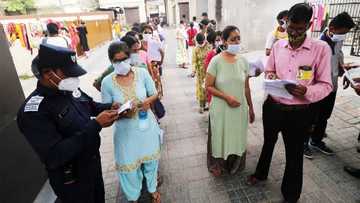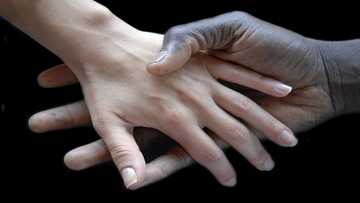Brief history of Ghana education service
Education has greatly changed from what it used to be then to what it is now in modern Ghana. The history of the education system is very interesting . Find out just how the informal system of education has been revolutionized to the present day formal learning.

History of Ghana Education
Before the invasion and colonialism of Ghana, the people used traditional methods in giving education to the young generation. During this brief history of Ghana, education came in form of advice by the experienced and aged elders in the community. They were taught how to carry out various activities in the community through apprenticeship. They were also educated on various traditional methods that formed part of their culture and affected different aspects of their lives.
It was until the invasion of the Europeans to the Gold Coast in the 14th Century, that the western style of education was introduced to the locals. The Portuguese exercised their imperialism by building schools. The locals were taught writing and reading skills. They were also introduced to a new religion, Christianity
There is still evidence of education through the schools built such as The British school at Cape Coast and the one at Elmina that was conducted by the Dutch. After colonialism had spread throughout the continent, the Europeans saw the need to educate Africans. It was in the 18th Century that the children of wealthy businessmen and prominent chiefs who adopted the European lifestyle were enrolled in school.

The main reason for educating the locals was to employ them later to manage their businesses along the coast. Religion was a compulsory subject that the children had to learn. For those who performed exemplary, the were taken to European schools for further education. Christian education spread widely especially after the arrival of the missionaries who build mission schools.
READ ALSO:Best medical schools in Ghana
They received some resistance from the Asante who were opposed to the European lifestyle. They leaders of the Asante saw that the lifestyle of the Europeans would corrode the values they instilled in their children. The missionaries tried training the local teachers in order to spread Christianity in the interior.
Some of the educated African started pushing for the independence agenda. The educated their fellow citizens of all the atrocities being committed against them. The likes of Dr. Kwame Nkrumah, spearheaded for the liberation of the Gold Coast from colonial rule. His efforts and of other leaders who resisted led to the independence of Ghana from the Europeans in 1957.
After the constitution was formed, education become a major issue that the leaders spearheaded. In 1992, The Education Act was formed. The Act established educational policies across the country. The number of Ghanaians enrolled to schools has been increasing every year. Illiteracy levels have reduced tremendously ever since. Basic education was declared compulsory to all children.

History of Ghana Education Service
Before the colonial period, educational services were offered by the old people in the society who had insight and experience. They were given advice on various issues concerning themselves, their culture and the community at large.
Apprenticeship was used to illustrate to the children the means of carrying out various activities. Roles were also divided against the gender. Girls received their education from their grandmothers where they were taught on how to take care of their husbands and family. Boys were taught by male leaders on how to protect and maintain their families.

After the arrival of the colonialists at the Gold coast, education services changed. The impact of the education services in Ghana changed after the arrival the missionaries. They trained local teachers on matters concerning religion, writing and reading. This was replicated as many African started attending schools.
After the constitution was reformed, educational services in the country improved. This led to the establishment of a teacher’s union that took care for the welfare of the teachers across the country.
The educational system in Ghana is divided into three branches. The first branch is for basic education which caters for pre-school, kindergarten and lower secondary school. The next branch is secondary education which includes the upper secondary school education, technical and vocational education. The last batch is for tertiary education in universities, colleges and polytechnics.

The Government of Ghana made basic education compulsory to all children under 18 years. It is illegal to deny education to a child. Basic education lasts for 11 years, during this period the children are equipped with basic literacy and problem-solving skills
READ ALSO:University of Ghana distance learning
Source: YEN.com.gh





